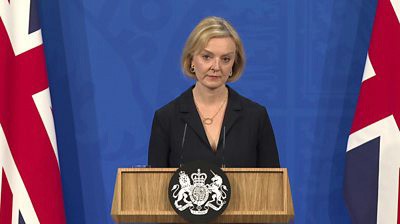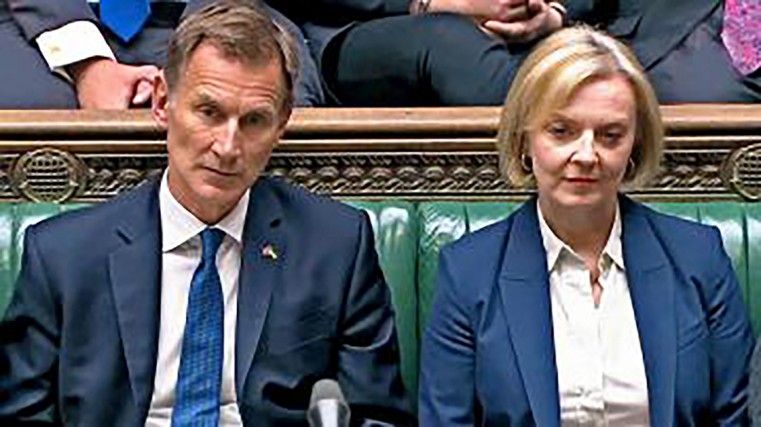- Job Market
- Upload Ad Requests
- Rates
- Home
- Video
- About Us
- Contact Us
- Business Showcase
- Archives
- Blogs
- Upload Advertisements
- Video News Release
- Front Pages
- Community Notices
- Law Enforcement
- Government
- Community Voice
- Health Care
- International
- Sports
- Politics
- Community
- Entertainment
- Advertorial 2
- Non-Profit Organisation(NPO)
- Adopt a Pet
- Tourism
- CIIPO
- Taste of Class
- Opinions & Editorial
- Environment
- Outstanding Employee
- Outstanding Performance
- Celebration
- Gardening
- Beneficial Ownership
- Tips and tricks
- Cover Stories
- Cost of Living
- Development
- Employment
- Education
- Arts and Culture
- Business
- Global News Briefs
- Hurricane Watch
- Breaking News
- Regional
- Public Notices
- Local News
- Lifestyle
- Finance
- Economic
- Election Center
- COVID - 19
- UK Territories
- Advertorial
- History
- Inspiration
- The Panel
- The Interview
- Cayman Conversation
- Community Notices
- Law Enforcement
- Government
- Health Care
- Sports
- Election Center
- Cayman Conversation
- More
- Front Pages
- Community Notices
- Law Enforcement
- Government
- Community Voice
- Health Care
- International
- Sports
- Politics
- Community
- Entertainment
- Advertorial 2
- Non-Profit Organisation(NPO)
- Adopt a Pet
- Tourism
- CIIPO
- Taste of Class
- Opinions & Editorial
- Environment
- Outstanding Employee
- Outstanding Performance
- Celebration
- Gardening
- Beneficial Ownership
- Tips and tricks
- Cover Stories
- Cost of Living
- Development
- Employment
- Education
- Arts and Culture
- Business
- Global News Briefs
- Hurricane Watch
- Breaking News
- Regional
- Public Notices
- Local News
- Lifestyle
- Finance
- Economic
- Election Center
- COVID - 19
- UK Territories
- Advertorial
- History
- Inspiration
- The Panel
- The Interview
- Cayman Conversation
Subscribe
UK POLITICAL CRISIS OVER LACK OF TRUST IN TRUSS
Liz Truss

Jeremy Hunt and Liz Truss

By Staff Writer
The UK is being rocked by another still-unfolding political drama which in the past week has seen the installation of its fourth Chancellor of the Exchequer (Minister of Finance) in as many weeks and a growing probability that the country could have its third Prime Minister within a year.
In the past few days, the ruling Conservative party led by Prime Minister Liz Truss has replaced one Chancellor, Kwasi Kwarteng (whom she effectively sacked) with Jeremy Hunt, a former health and foreign minister.
Mr Kwarteng had been in the job just 38 days, making him the second shortest-serving Chancellor, when he was sacked over a radical mini-budget that caused alarm in the financial markets crashing the UK pound sterling in the process, and severely rattling the bond markets.
The controversial mini-budget, designed by the Prime Minister and Chancellor, introduced a swathe of unfunded tax-cutting measures that critics inside the government, along with the political opposition, economists, the financial markets and even the International Monetary Fund - and more recently US President Joe Biden - have questioned.
The fiscal plan was a reflection of Prime Minister Liz Truss’s platform of a low tax, high growth outlook for the British economy that underlined her leadership campaign this past Spring for leadership of the Conservative party.
Her budget, based on an ideology of what’s been referred to as ‘trickle-down Trussonomics’, included cutting the top rate of income tax for high earners from 45 per cent to 40 per cent, reducing the basic rate of income tax from 20 per cent to 19 per cent and cutting dividend tax rates. It also proposed raising National Insurance contributions by 1.25 per cent, her flagship two-year energy support package for households, cutting stamp duty, plus a range of other measures.
In all, this would have cost the government over £60 billion in lost revenue with borrowing the only recourse to recouping the losses.
The government was hoping that the plan would have triggered more business investment and a ‘trickle-down’ of economic benefits from the richest to other sectors.
Instead, they sent the financial markets into turmoil and forced an emergency intervention by the Bank of England, the UK’s independent central bank, to halt the collapse of the British pound sterling to its lowest level - at one point trading at £1.03 to the US dollar - and causing UK interest rates to spike to their highest levels since the 2008 financial crisis.
The resulting inflationary pressures have forced up mortgage rates and shifts in the bond market have threatened several pension investment schemes.
Mr Kwarteng was summarily fired by Ms Truss, albeit shrouded in an exchange of correspondence still pledging their friendship and shared ideology.
Within days after being named as replacement Chancellor, Jeremy Hunt has all but ripped up the Prime Minister’s mini-budget and demolished, at least for now, her low-tax/high-growth platform. Most of the core policies are being reversed and the new Chancellor has not ruled out the likelihood of a cut in public spending, which goes against the Prime Minister’s previous pledges.
With growing pressures from inside her party and from the political opposition for Prime Minister Truss to follow her first Chancellor out of the door, she has had to submit to a making humiliating apology over the rejection of her mini-budget.
“I do want to accept responsibility and say sorry for the mistakes that have been made,” Truss said in an interview with the BBC.
But the pressures are not abating. Opinion polls which recently showed the main opposition Labour Party with an unprecedented 30 per cent lead over the ruling Conservatives, are now also showing that most Conservative party members polled want to see her out of office following the budget fiasco.
The next crucial date in this unfolding political and economic dilemma for the Prime Minister is October 31st when new Chancellor Jeremy Hunt will present a fresh mini-budget.
He has stated that the urgent corrective action has taken on the Truss/Kwarteng budget was just the beginning of a much deeper and wider overhaul.
Mr Hunt, now largely regarded as the person at the helm, is also being tipped as a potential replacement for Prime Minister Truss, although he has ruled out competing for the post again having lost in two previous attempts.
Online Poll
Independent or Party: Independents top the Category with 23 Candidates. Select your preference
Popular News
Mexico beat Cayman 20-10 in ‘Big Match X’ Rugby
05 Jun, 2024
CIOC announces team for Paris 2024
11 Jul, 2024
















Comments (0)
We appreciate your feedback. You can comment here with your pseudonym or real name. You can leave a comment with or without entering an email address. All comments will be reviewed before they are published.